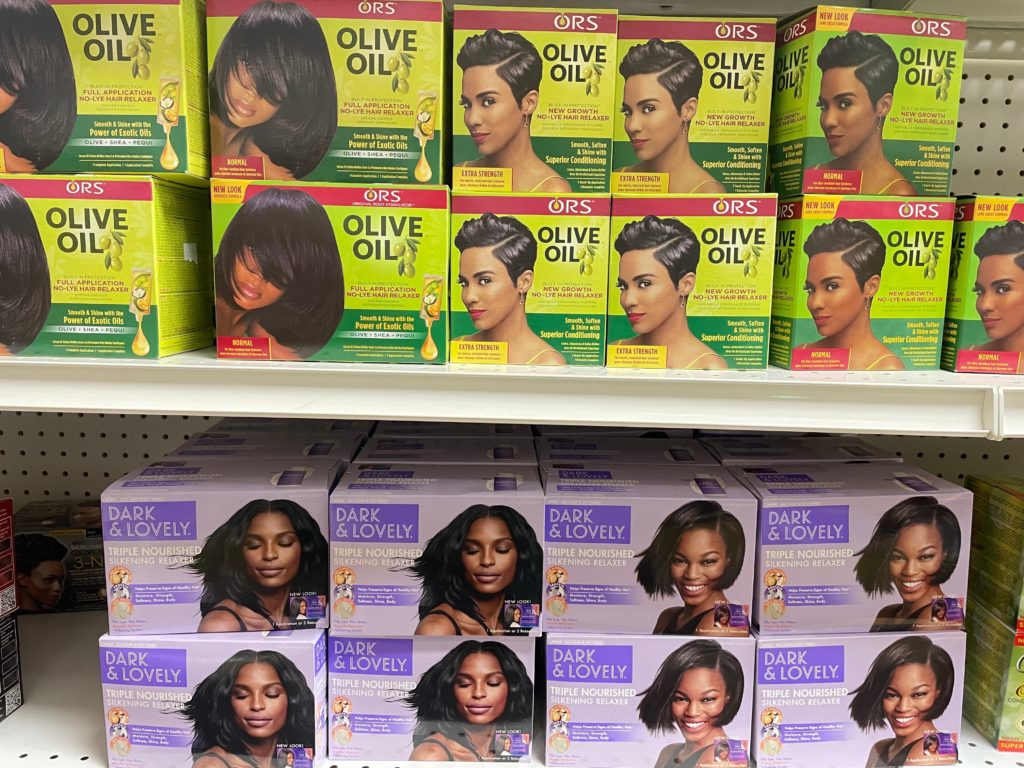
Hair Relaxer Uterine Cancer Risks
This latest study involved a review of data on nearly 45,000 women who self-identified as Black between 1997 and 2019, which included at least 347 women diagnosed with uterine cancer.
Researchers found that moderate use of hair relaxers among postmenopausal Black women was linked to a 60% increased risk of uterine cancer overall. However, heavy use was linked to a 64% increased risk, and use for 20 years or more, regardless of frequency, increased the risk by more than 70%, providing strong evidence of a dose-response causal connection.
“Our study suggests that moderate and heavy use of chemical hair relaxers may be associated with higher risk of uterine cancer among postmenopausal Black women,” Kimberly Bertrand, an associated professor or medicine at Boston University and a corresponding author said in a press release. “In addition, there are major racial disparities in uterine cancer. Compared to non-Hispanic white women, Black women have higher rates of aggressive subtypes of uterine cancer and are nearly twice as likely to die from their disease.”
The study did not find an increased risk among women who had not yet gone through menopause, researchers noted. However, they concluded that Black women could reduce their risk of uterine cancer by avoiding hair relaxer.
Hair Relaxer Litigation
Given common questions of fact and law raised in hair relaxer lawsuits filed throughout the federal court system, the U.S. Judicial Panel on Multidistrict Litigation (JPML) established coordinated pretrial proceedings in the Northern District of Illinois under U.S. District Judge Mary Rowland in January 2023.
Early in the litigation, Judge Rowland indicated that the court will establish a bellwether process, where a small group of representative lawsuits involving different products and specific injuries will be prepared for early trial dates, to help the parties gauge how juries may respond to certain evidence that will be repeated throughout the litigation.
While the outcome of these test trials will not have any impact on other claims filed against the manufacturers of different products, the average amounts of jury awards may promote potential hair relaxer settlements that could avoid the need for thousands of individual claims to go to trial nationwide.
Following coordinated discovery in the MDL and any early bellwether trials, if the parties fail to negotiate hair relaxer settlements for individuals diagnosed with uterine cancer, ovarian cancer, uterine fibroids and other complications, Judge Rowland may later remand each individual lawsuit directly filed in the MDL back to the U.S. District Court where it would have originated for a separate trial.
This post was originally published on this site be sure to check out more of their content.








